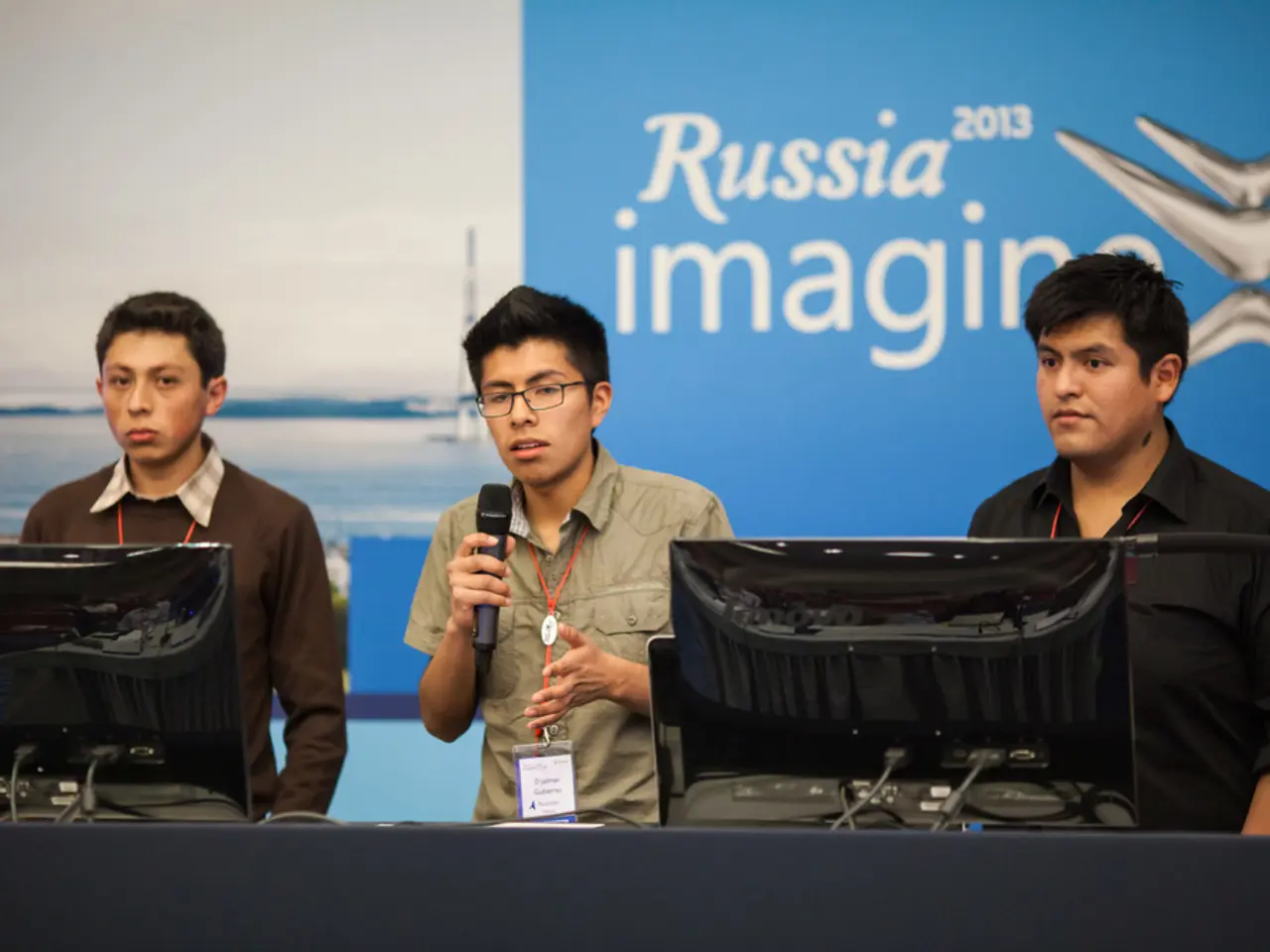Vietnam and Germany strengthen collaborative efforts in the field of cardiovascular research
In a significant stride towards improving cardiovascular care in Vietnam, a long-term collaboration between the 108 Military Central Hospital and Hannover Medical School has been established. This partnership, focusing on cardiovascular surgery and treatment advancements, is set to elevate the quality of care for patients across the country.
The collaboration, which began with a surgical team from 108 Military Central Hospital visiting Hannover for specialized training in September 2024, aims to upgrade the skills of Vietnamese cardiovascular specialists by leveraging the expertise available at Hannover Medical School [1][3].
The primary focus of this partnership is the improvement of treatment outcomes for cardiovascular diseases in Vietnam. By learning from German medical practices and technologies, Vietnamese healthcare professionals can enhance their capabilities in diagnosing and treating complex cardiovascular conditions [1].
The partnership is expected to significantly improve the quality of cardiovascular care in Vietnam, as it allows local healthcare professionals to gain exposure to advanced medical techniques and technologies [1]. It also facilitates the transfer of cutting-edge medical knowledge from Germany to Vietnam, helping to bridge the gap in healthcare standards between the two countries [3].
One of the most notable achievements under this collaboration was the successful implantation of a third-generation Left Ventricular Assist Device (LVAD) at the 108 Military Central Hospital on March 21, 2025, marking the first such procedure in Vietnam [2].
The collaboration has also contributed to capacity building in Vietnam, equipping the healthcare workforce with the skills and confidence to handle complex cardiovascular cases with greater proficiency [1]. This, in turn, can lead to increased access to specialized cardiovascular services for more patients, helping to address the healthcare needs of the Vietnamese population more effectively [3].
The research conducted under this collaboration is particularly significant in Vietnam due to high rates of cardiovascular disease, which cause around 200,000 deaths annually, and limited organ donation [4]. The current collaboration involves cardiovascular specialists from the 108 Military Central Hospital working with Prof.Dr. Jan D. Schmitto on clinical trials for Mechanical Circulatory Support (MCS) devices, which are being conducted on heart failure patients, either as a bridge to transplantation or as permanent treatment [5].
The Hannover Medical School, ranked fifth in Germany and 41st globally by Newsweek magazine, has signed a long-term agreement for cooperation with the 108 Military Central Hospital [6]. The Hannover Medical School's primary research areas encompass transplantation, stem cell research, regenerative medicine, infection and immunology research, and biomedical engineering [7].
This collaboration is poised to make a significant impact on the management and treatment of cardiovascular diseases in Vietnam, by enhancing local healthcare capabilities and fostering international cooperation in medical research and practice.
- Artificial intelligence could play a pivotal role in this collaboration, aiding Vietnamese healthcare professionals in diagnostics and treatment planning for complex cardiovascular conditions, thereby contributing to the overall health and wellness of the population.
- The partnership between the 108 Military Central Hospital and Hannover Medical School could potentially extend its focus to other medical-conditions, such as infectious diseases, given Hannover Medical School's expertise in infection and immunology research.
- In line with the research being conducted under this collaboration, the labor force in Vietnam may be trained to handle transplants, facilitating a potential shift towards a more advanced cardiovascular healthcare system, including organ donation and transplant procedures.
- As medical research evolves, this collaboration could pave the way for significant advancements in science, particularly in the field of Mechanical Circulatory Support (MCS) devices for cardiovascular health, thereby potentially reducing the death toll caused by cardiovascular diseases in Vietnam.




